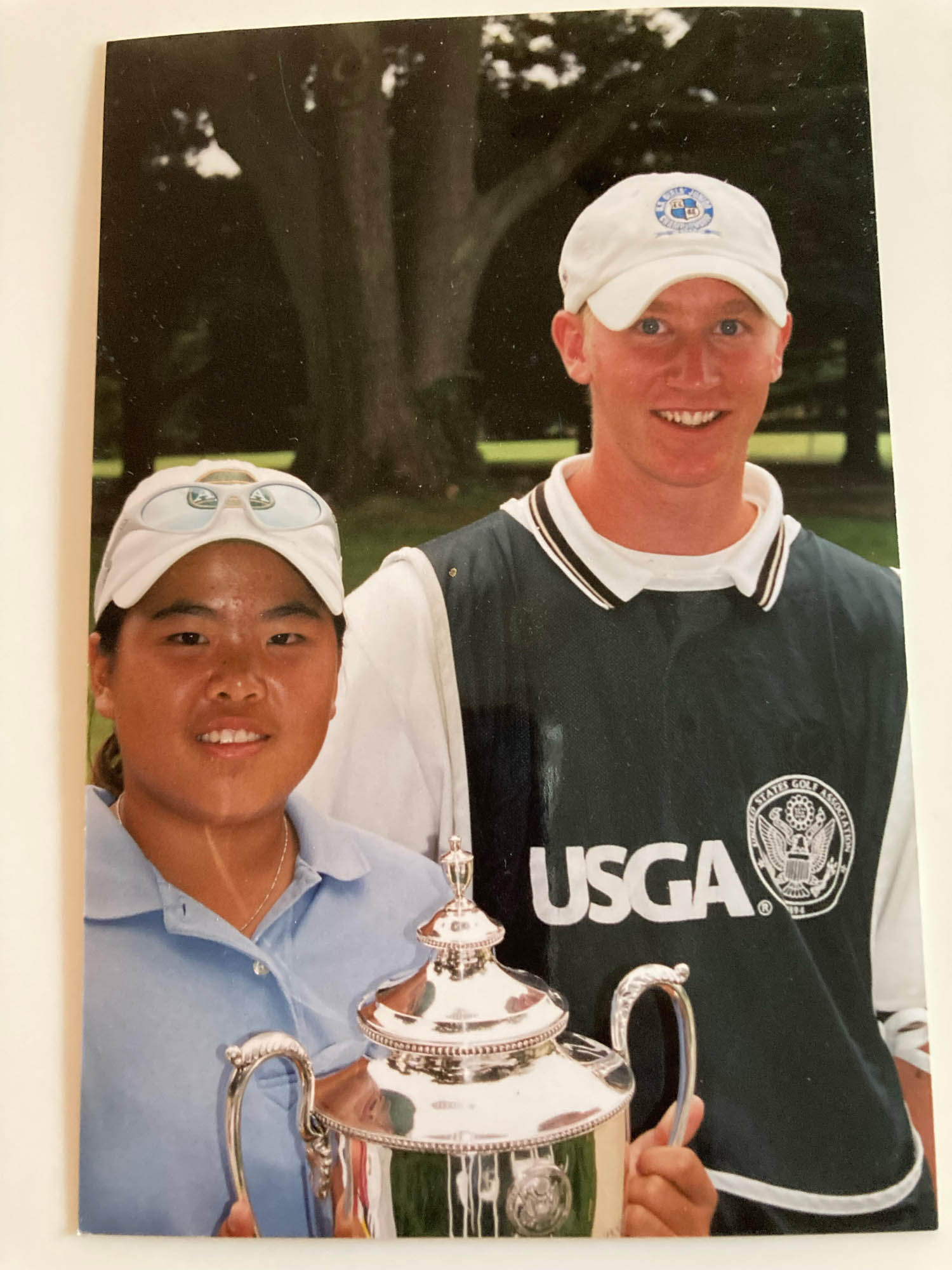Become a member to read this feature
As an independent publication, we rely on the support of our Broken Tee Society members to create world-class features, films and podcasts. Explore the full list of member benefits, and subscribe today to read this piece and get access to every feature we’ve ever published.
Premium Membership
Quarterly Delivery of TGJ + Annual Gift + Premium Event Access + Full Benefits
$190
- Quarterly delivery of The Golfer’s Journal
- Annual Gift ($160 value)
- Access to exclusive member events
- Premium Event Access
- 20% discount on TGJ merchandise & apparel
- Exclusive rewards and credits in your personal Member Locker
- Access to the Broken Tee Society community
- Online access to every TGJ feature ever published (including the current issue)
Membership
Quarterly Delivery of TGJ + Event Access + Full Benefits
$90
- Quarterly delivery of The Golfer’s Journal
- Access to exclusive member events
- 10% discount on TGJ merchandise & apparel
- Exclusive rewards and credits in your personal Member Locker
- Access to the Broken Tee Society community
- Online access to every TGJ feature ever published (including the current issue)
Global Membership
Digital Delivery of The Golfer’s Journal + Full Benefits
$60
- Online access to every TGJ feature ever published (including the current issue)
- Access to exclusive member events
- 10% discount on TGJ merchandise & apparel
- Exclusive rewards and credits in your personal Member Locker
- Access to the Broken Tee Society community
Premium Membership
Quarterly Delivery of TGJ + Annual Gift + Premium Event Access + Full Benefits
$190
- Quarterly delivery of The Golfer’s Journal
- Annual Gift ($160 value)
- Access to exclusive member events
- Premium Event Access
- 20% discount on TGJ merchandise & apparel
- Exclusive rewards and credits in your personal Member Locker
- Access to the Broken Tee Society community
- Online access to every TGJ feature ever published (including the current issue)
Membership
Quarterly Delivery of TGJ + Event Access + Full Benefits
$90
- Quarterly delivery of The Golfer’s Journal
- Access to exclusive member events
- 10% discount on TGJ merchandise & apparel
- Exclusive rewards and credits in your personal Member Locker
- Access to the Broken Tee Society community
- Online access to every TGJ feature ever published (including the current issue)
Global Membership
Digital Delivery of The Golfer’s Journal + Full Benefits
$60
- Online access to every TGJ feature ever published (including the current issue)
- Access to exclusive member events
- 10% discount on TGJ merchandise & apparel
- Exclusive rewards and credits in your personal Member Locker
- Access to the Broken Tee Society community


















